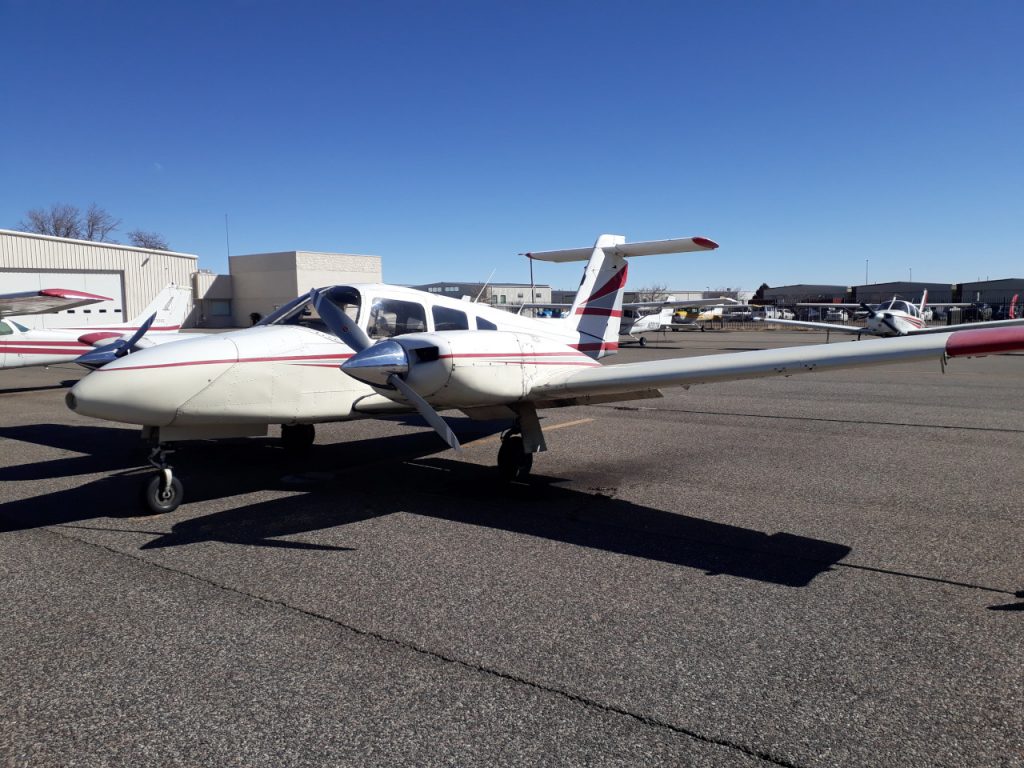Legally FAA IPC (Instrument Proficiency Check) can be done in any airplane, it just validates the Instrument Rating. After that a license holder can fly by instruments any airplane class mentioned in a license. For example, if I have Single Engine Land, Multi Engine Land and Single Engine Sea class ratings and a valid Instrument Rating. It means that I can fly a Multi-Engine airplane under IFR (Instrument Flight Rules) even though I had my IPC in a Single Engine.
Canadian rules are different though. There are 3 groups of instrument ratings: group 3 (single-engine), group 2 (multi-engine centre-line thrust, like Cessna Skymaster) and group 3 (multi-engine). I am currently converting my FAA license to the TCCA (Transport Canada) one, and I am not totally sure that I can obtain my Group 1 Instrument Rating without an IPC in a multi-engine airplane. Probably it is possible, but I am almost sure it will raise some questions and as a result will take more time to process.
And, anyway, better to stay proficient, not just legally current, so I decided to take my IPC in a multi-engine airplane too. The school has a nice Seminole for that. As a bonus I will have some more relatively inexpensive (compared to Canada) multi-engine instrument hours.

Piper Seminole is one of the most popular aircraft for flight training. I got my first multi-engine rating in a Beechcraft Duchess – they are very similar in the air. Interestingly, both of them are not high-performance according to the FAA rules.
As usual, after Cessna 172 (even 180HP) everything goes faster. The airplane has two engines and a retractable gear, so more items in checklists and less time for them. But there was a more traditional Garmin 430 there, so at least no touchscreens.
The main difference of a light piston multi-engine airplane from a single-engine is flying with one engine inoperative, because with two engines they behave practically the same. Of course, not exactly the same – for example, you absolutely must not set idle power on landing in Duchess or Seminole on a standard approach. Actually Seminole is a little more forgiving than Duchess – probably it is one of the reasons that flight schools like her more.
Anyway, Seminole is still a light piston airplane. It is faster and heavier than Cessna 172, but it still uses wings and engines to stay in the air, and requires almost the same skills to handle. But flying multi is really great! I missed it!
Leave a Reply